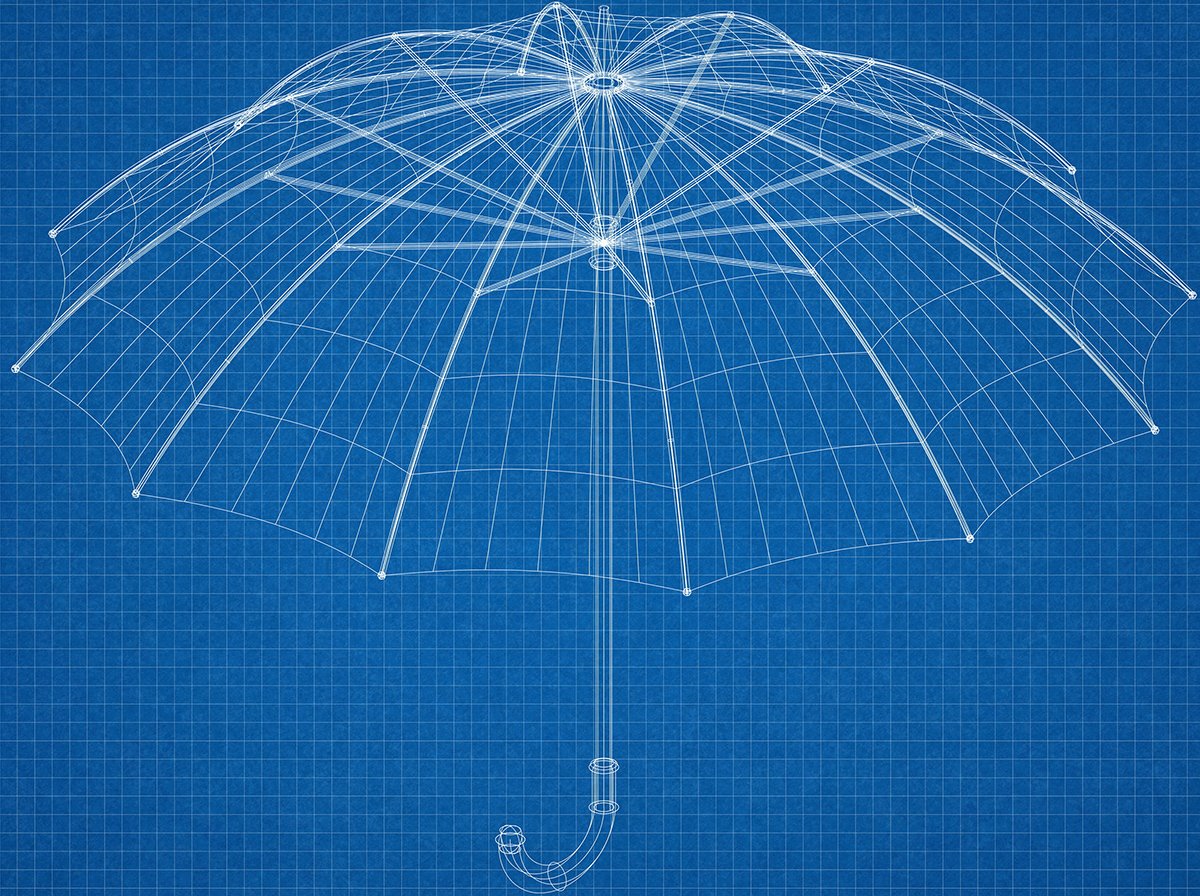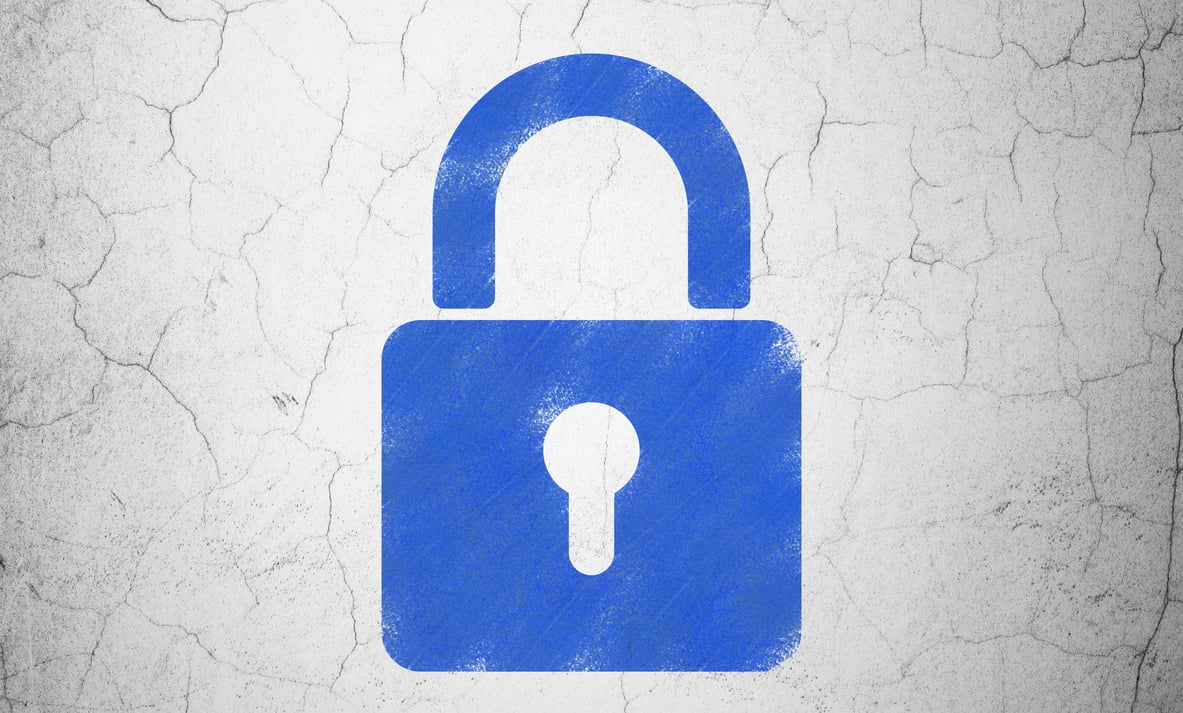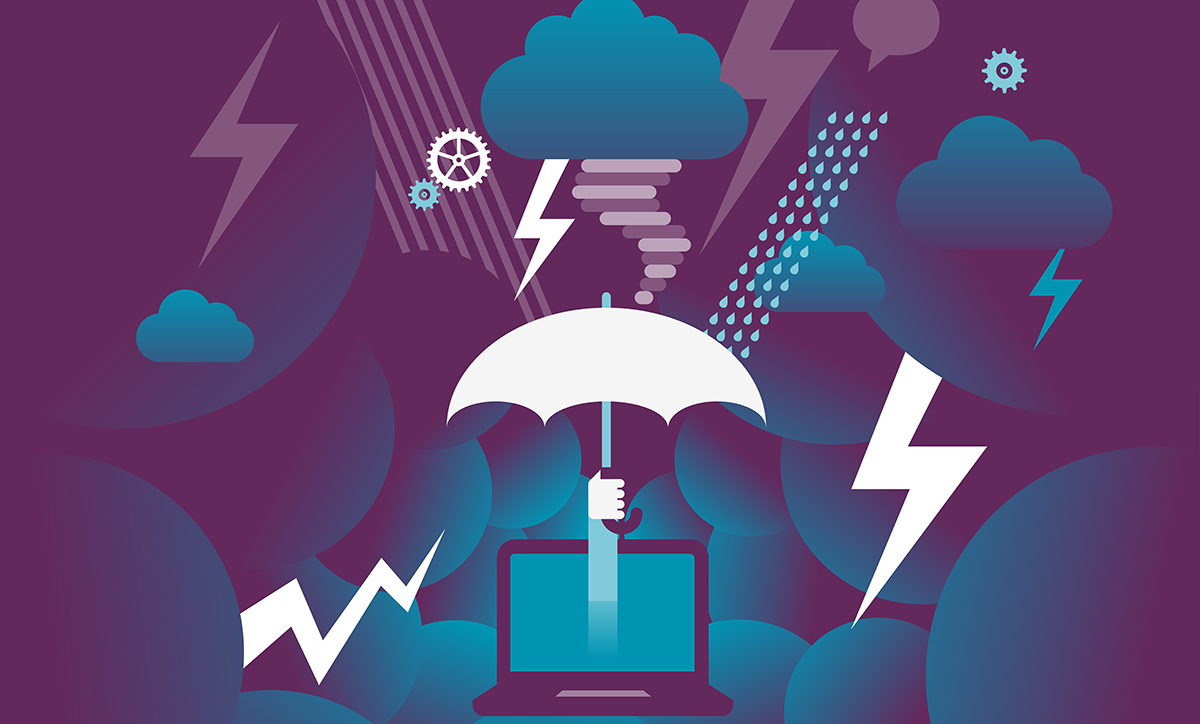Bank of America Corp. worries that flooded homeowners willdefault on their mortgages. The Walt Disney Co. is concerned thatits theme parks will get too hot for vacationers, while AT&TInc. fears hurricanes and wildfires may knock out its cell towers.The Coca-Cola Co. wonders whether there will still be enough waterto make Coke.
|As the Trump administration rolls back rules meant to curbglobal warming, new disclosures show that the country's largestcompanies are already bracing for its effects. The documents revealhow widely climate change is expected to cascade through theeconomy—disrupting supply chains, disablingoperations, and driving away customers, but also offering new waysto make money.
|The disclosures were collected by CDP, a U.K.-based nonprofitthat asks companies to report their environmental impact, includingthe risks and opportunities they believe climate change presentsfor their businesses. More than 7,000 companies worldwide filedreports for 2018, including more than 1,800 from the UnitedStates.
|On Tuesday, CDP (formerly known as the Carbon DisclosureProject) released letter grades for those companies that measure“how aware they are about the issue, how they're managing it, howthey're progressing toward targets,” says Caroline Barraclough, aCDP spokeswoman. Thirty U.S.-based companies got an “A” grade, themost of any country; they include Apple Inc., Johnson &Johnson, and Home Depot Inc. Next on the list were Japan, with 25top-scoring companies, and France with 22.
|The information companies provide to CDP about their climaterisk is typically far more specific than what they include in theirfilings to the U.S. Securities and Exchange Commission (SEC). Andwhile the SEC requires companies to disclose material risks, itdoesn't ask them to address the specific threats associated withclimate change.
|Most of the largest U.S. companies by market capitalizationsubmitted information to CDP, and the vast majority said the threatis real and serious: Of the 25 companies whose submissions werereviewed by Bloomberg, 21 said the company has identified “inherentclimate-related risks with the potential to have a substantialfinancial or strategic impact” on their business.
|Many of those risks relate to the effects of climate change oncompanies' ability to operate. One of the most commonly cited risksis not having enough water.
|“Many of Intel's operations are located in semi-arid regions andwater-stressed areas, such as Israel, China, and the southwesternUnited States,” warned Intel Corp. If climate change causes longerdroughts in those areas, it could “potentially lead to increasedoperational costs, since the semiconductor manufacturing processrelies on access to water.”
|Water shortages could also threaten Coke's business, the companysaid, because climate change “could limit water availability forthe Coca-Cola system's bottling operations.”
|More frequent hurricanes and wildfires could force AT&T tospend more money on repairing damage to its network, as well as“proactively relocating equipment or additional network hardening.”The company noted that disasters cost it $627 million in 2017.
|Rising temperatures are already affecting “the comfort andhealth and well-being of customers” in its theme parks, Disneywrote. “If measures are not taken to ensure low-cost alternativesfor cooling and managing extreme temperatures, this will not onlynegatively impact our customers' experience, itwill also impact our ability to attract and retain visitornumbers.”
||
Even Coffee Is Endangered
Other companies said climate change may affect their customers.Bank of America reported that 4 percent of its U.S. realestate-secured loans are in flood zones, almost all of themresidential.
|“Increased flood incidence and severity could lead to ourclients defaulting on their mortgage payments if, for example,flood insurance premiums become unaffordable,” the company wrote.“Clients may also find themselves in a negative equity situationdue to housing values being impacted when insurance costsrise.”
|Visa Inc. warns that global warming could increase globalpandemics and armed conflict—problems that would,in turn, cause fewer people to travel.
|“Any such decline in cross-border activity could impact thenumber of cross-border transactions we process and our foreigncurrency exchange activities, and in turn reduce our revenues,''Visa wrote.
|Intel, Visa, and Google didn't respond to requests for comment.Bank of America and AT&T declined to comment beyond what's intheir reports.
|A spokesman for Coca-Cola, Max Davis, said in a statement thatthe company's goal is to reduce the carbon footprint of itsbeverages by one-quarter between 2010 and 2020. He didn't respondto a question about the severity of the threat that more intensedroughts pose to Coca-Cola's business.
||
A Cash Cow for Some Industries
Climate change isn't all downside for the largest U.S.companies. Many of those that filed reports with CDP said theybelieve climate change can bolster demand for their products.
|For one thing, more people will get sick. “As the climatechanges, there will be expanded markets for products for tropicaland weather-related diseases, including waterborne illness,” wroteMerck & Co. The company didn't respond to a request forcomment.
|More disasters will make iPhones even more vital to people'slives, Apple predicted.
|“As people begin to experience severe weather events withgreater frequency, we expect an increasing need for confidence andpreparedness in the arena of personal safety and the well-being ofloved ones,'' the company wrote. Its mobile devices “can serve as aflashlight or a siren; they can provide first aid instructions;they can act as a radio; and they can be charged for many days viacar batteries or even hand cranks.''
|Apple didn't respond to a request for comment.
|Living with climate change is also going to cost money, whichsome banks see as an opening. “Preparation for and response toclimate-change–induced natural disasters result ingreater construction, conservation, and other business activities,”Wells Fargo and Co wrote, adding that it “has the opportunity toprovide financing to support these efforts.”
|More disasters will mean increased sales for Home Depot, thecompany wrote. And as temperatures get higher, people are going toneed more air conditioners. Home Depot predicted that its ceilingfans and other appliances will see “higher demand shouldtemperatures increase over time.”
|A spokeswoman for Home Depot, Christina Cornell, declined tocomment beyond what was in the company's report.
|Alphabet Inc.'s Google says it expects costs and benefits fromclimate change. “Fluctuating socio-economic conditions due toclimate change” could reduce demand for online advertising, thecompany reported. Yet more people might use Google Earth.
|“If customers value Google Earth Engine as a tool to examine thephysical changes to the Earth's natural resources and climate, thiscould result in increased customer loyalty or brand value,” Googlewrote. “This opportunity driver could have a positive impact on ourbrands.”
||
From: Bloomberg
|Copyright 2019 Bloomberg. All rightsreserved. This material may not be published, broadcast, rewritten,or redistributed.
Complete your profile to continue reading and get FREE access to Treasury & Risk, part of your ALM digital membership.
Your access to unlimited Treasury & Risk content isn’t changing.
Once you are an ALM digital member, you’ll receive:
- Critical Treasury & Risk information including in-depth analysis of treasury and finance best practices, case studies with corporate innovators, informative newsletters, educational webcasts and videos, and resources from industry leaders.
- Exclusive discounts on ALM and Treasury & Risk events.
- Access to other award-winning ALM websites including PropertyCasualty360.com and Law.com.
*May exclude premium content
Already have an account? Sign In
© 2024 ALM Global, LLC, All Rights Reserved. Request academic re-use from www.copyright.com. All other uses, submit a request to [email protected]. For more information visit Asset & Logo Licensing.







